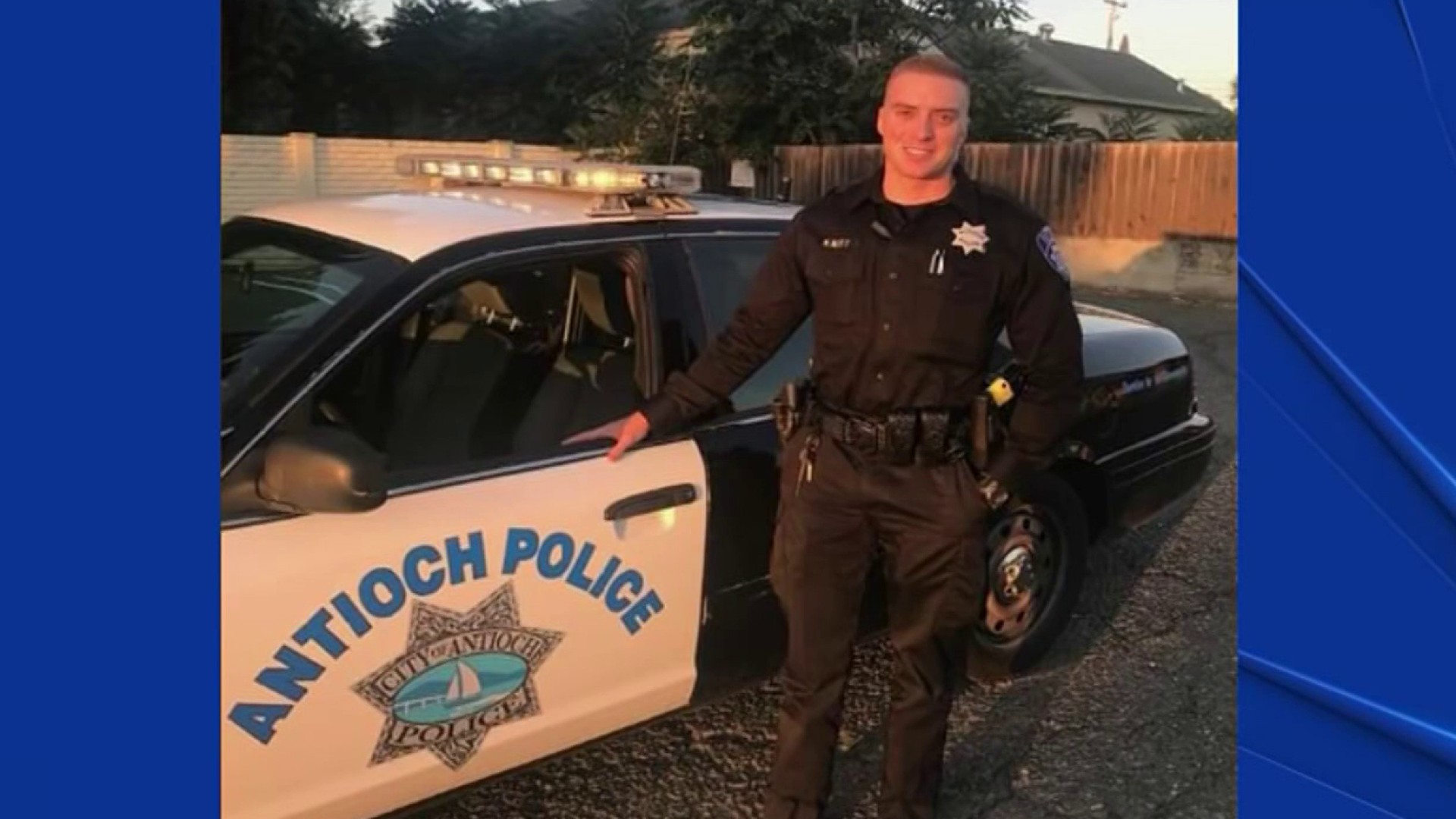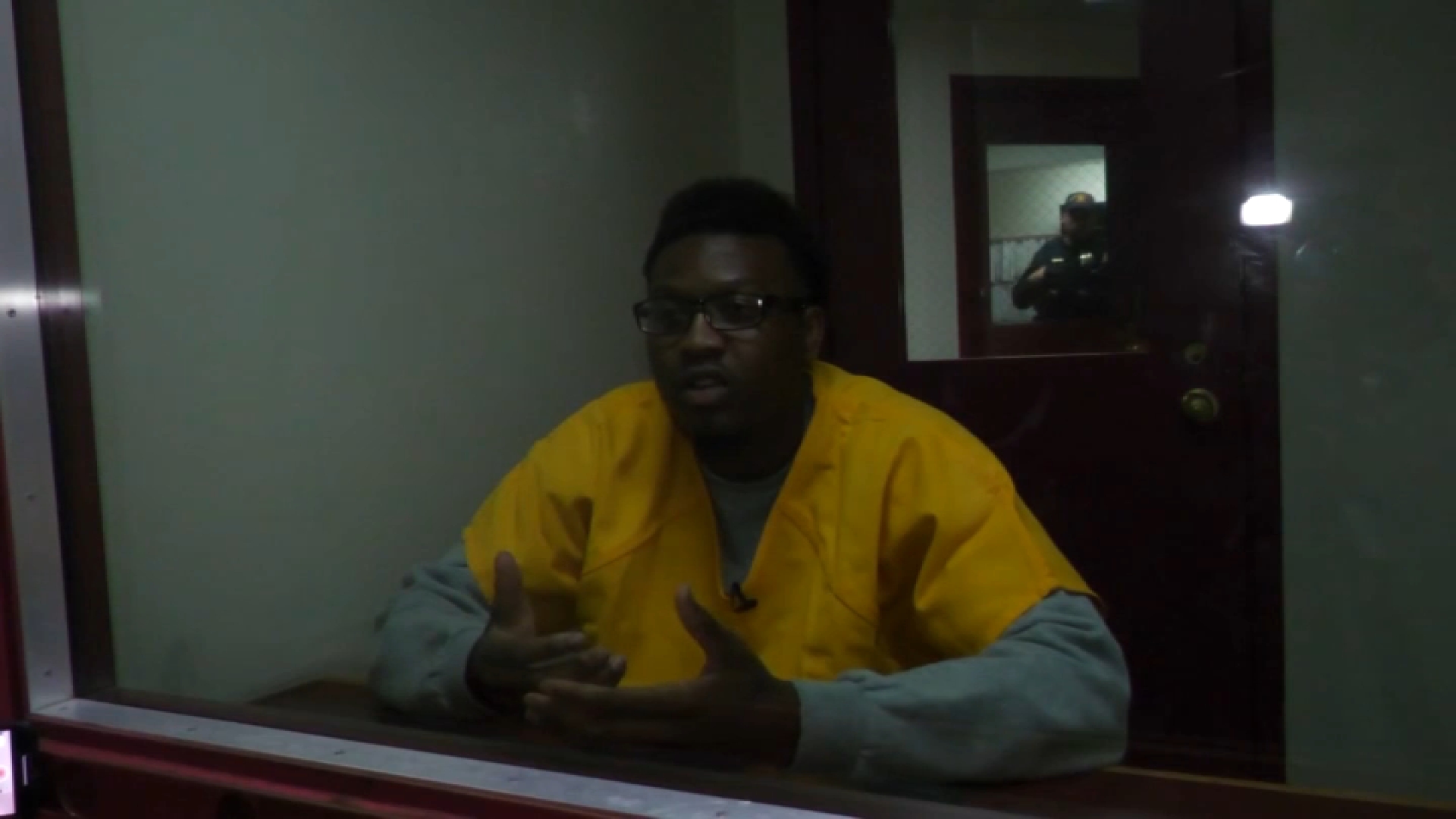Antioch officials welcomed the city’s first mental health crisis response team and its mobile crisis response van Monday morning. Pete Suratos reports.
Antioch officials welcomed the city's first mental health crisis response team and its mobile crisis response van Monday morning.
The city said during a press conference that the team will be the first from a Contra Costa County city to respond to mental health emergencies, which in the past have always been handled by police.
The team will respond to non-violent, non-life-threatening 911 calls and will be named after Angelo Quinto, a 30-year-old Antioch resident who died after being restrained by Antioch police on Dec. 23, 2020.
Quinto was suffering from a mental health crisis and having a dispute with his mother when police arrived to the family's home. Officers restrained him, kneeled on his shoulder, securing his legs and handcuffing him, before calling for an ambulance.
When paramedics arrived, Quinto's face was reportedly purple and he was unresponsive. There was blood on his face and the floor. They began lifesaving measures, but he died later that day at the hospital.
The Contra Costa District Attorney's Office last September declined to file charges against the police, citing autopsy results. That office, and the FBI, are now investigating the Antioch Police Department for a number of alleged civil rights violations.
Antioch Mayor Lamar Thorpe said the incident has changed the city by prompting much of the police reform efforts of the past few years. He also apologized to the Quinto family.
"There are no words that can ever heal the pain that you're experiencing but I hope this gesture here helps you understand that your city is listening to you, your city sees you, we value you, and we respect you," Thorpe said.
City council member Monica Wilson said while other municipalities around the country have chosen to cut mental health services, "Antioch has decided to buck that trend and make it a priority."
Get a weekly recap of the latest San Francisco Bay Area housing news. Sign up for NBC Bay Area’s Housing Deconstructed newsletter.
"This investment in a mental health response team will make it so that you never have to lose a member of our community due to mental health needs," Wilson said. "This will ensure that a mental health breakdown is treated as that: a mental health breakdown, not a crime that requires the full force of the police department."
The city will track calls and connect those needing the crisis team to local services that can help. The annual cost of the crisis response team is estimated between $1.8 million and $2.2 million. The city has organized the program with Bay Area social services provider the Felton Institute
The county is working on implementing its own similar mental health crisis response team, as are various cities around the Bay Area, including one connected to the San Ramon Valley Fire Protection District.



